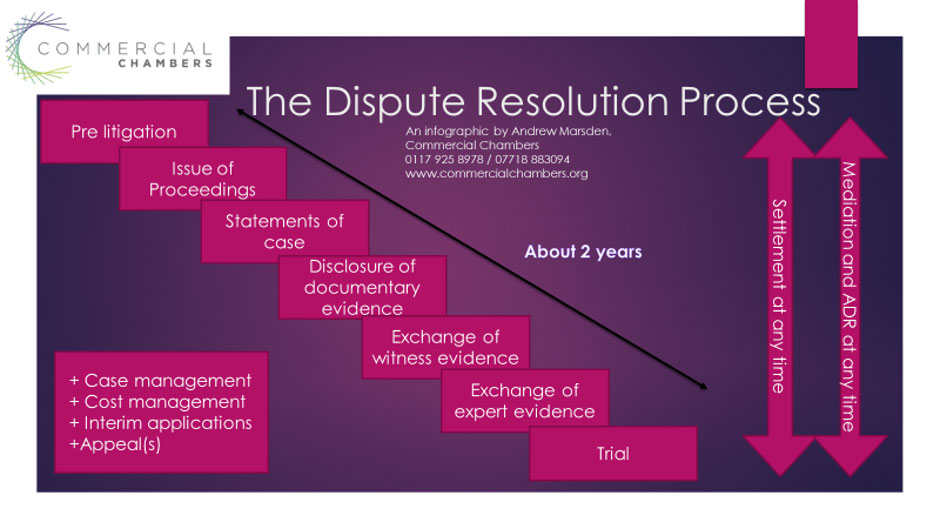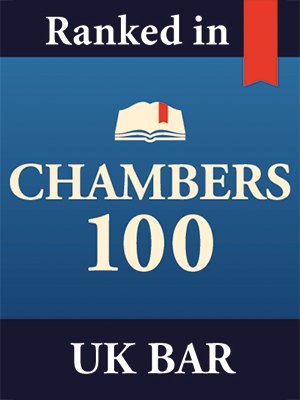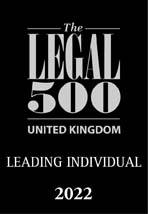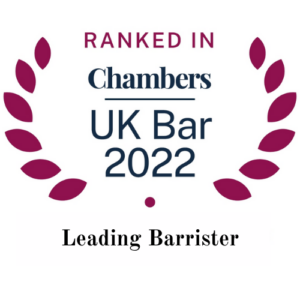Christmas gives us time to reflect.
If your business relationship is going well, you might treat yourself to an extra mince pie. But if things are not going so well, you might find yourself asking questions like: ‘What am I doing this all for? Is it worth it? Is it time for change?”
Differences in opinion between those in business together are bound to happen. Clashes of personality occur. One person may become overly self-motivated or greedy. You may feel a degree of exclusion. There may even be dishonesty involved. Whatever the reason, rifts are inevitably going to be felt every now and again. Nine times out of ten, arguments will get resolved quickly. Both parties forget and move on. In other cases, reconciliation may not be so easy.
Sometimes, relationships are strained to the point that they become irreparable. If this is the situation you find yourself in don’t act impulsively or reactively. Take the time to consider the best course for you. Identify the measures that you need to take to protect the business and your interests in it. If you fail to do so you may find your dispute drags on, the business suffers and all you do is incur costs without making any real progress in finding a way forward out of the situation you find yourself in. On the other hand, with the right advice, planning and assistance in the implementation of that plan you might well find that the situation is resolved quickly, efficiently and cost-effectively.
Do: Enlist the best legal advice you can get as soon as you can. ‘Commercial divorce’ is complex and it’s important you are guided by an experienced specialist. You need a person who really knows the “in’s” and “out’s” in this area. You want advice from someone who not only fully understands the law and the litigation process but is also a master of all the other tools available to help resolve the position. All too often people delay seeking advice or turn to the wrong people and this can really backfire further down the line. The best course may well be to engage a specialist barrister from the start. You can now do this directly, going straight to a barrister and cutting out the “middleman”. This can ensure continuity throughout the process and it is surprisingly cost-effective too.
Don’t: Panic or let emotion get the better of you. If you’ve been personally impacted by a business relationship fall-out there are likely to be a lot of emotions involved. In the heat of the moment it can be difficult to determine between what feels right for you right now and what’s right for the business and for you and your interests in the longer term. Try to resist knee-jerk reactions. Approach the matter as calmly and as pragmatically as possible.
Do: Check what provisions you have in place in any constitutional documents. They might offer a route to resolution. You are likely to have such agreements between you whether in the form of a shareholders’ agreement, articles of association or a partnership agreement. If properly prepared those documents should define responsibilities, assist in the smooth running of the business and include appropriate dispute resolution mechanisms. If not speak to your barrister and get them in place now before tensions rise and resolving issues becomes much more difficult.
Don’t: Assume you’ll need to go to court. Most disputes can be resolved without the need to issue any legal proceedings at all. Litigation really is the last resort. It can be costly and drawn out. Most “commercial divorces” can be settled out of court through negotiation; often via mediation. Even if your business relationship seems beyond repair, an experienced and specialist barrister can help to re-open those communication channels.
Do: Ask questions throughout. Most people who require legal help won’t have been involved in the process before. It’s completely understandable that you should have questions and concerns. Raise them all at any stage, and your barrister should be able to explain matters to you and bring you both clarity and confidence. Take a look at the infographic that I have prepared – see below:
which explains and simplifies the whole process: . Make sure you have complete faith in the person advising you and avoid finding yourself in a position you would rather not be in.
Don’t: Be afraid to ask about costs. There is no reason why unexpected fees or hidden costs should arise. Choose a barrister who is transparent and upfront about costs from the outset. Engaging a barrister directly is often the most cost-effective way of obtaining a resolution and a way forward in what can feel like an intractable situation. Consider using the Bar Council’s Direct Public Access scheme to take advice directly from a specialist barrister from the outset. You might also even find it is more affordable than you anticipated it might be!
If you are in the midst of a shareholder or partnership dispute and would like some guidance on how best to resolve it, feel free to get in touch with me for a confidential no-fee initial 30-minute consultation.



